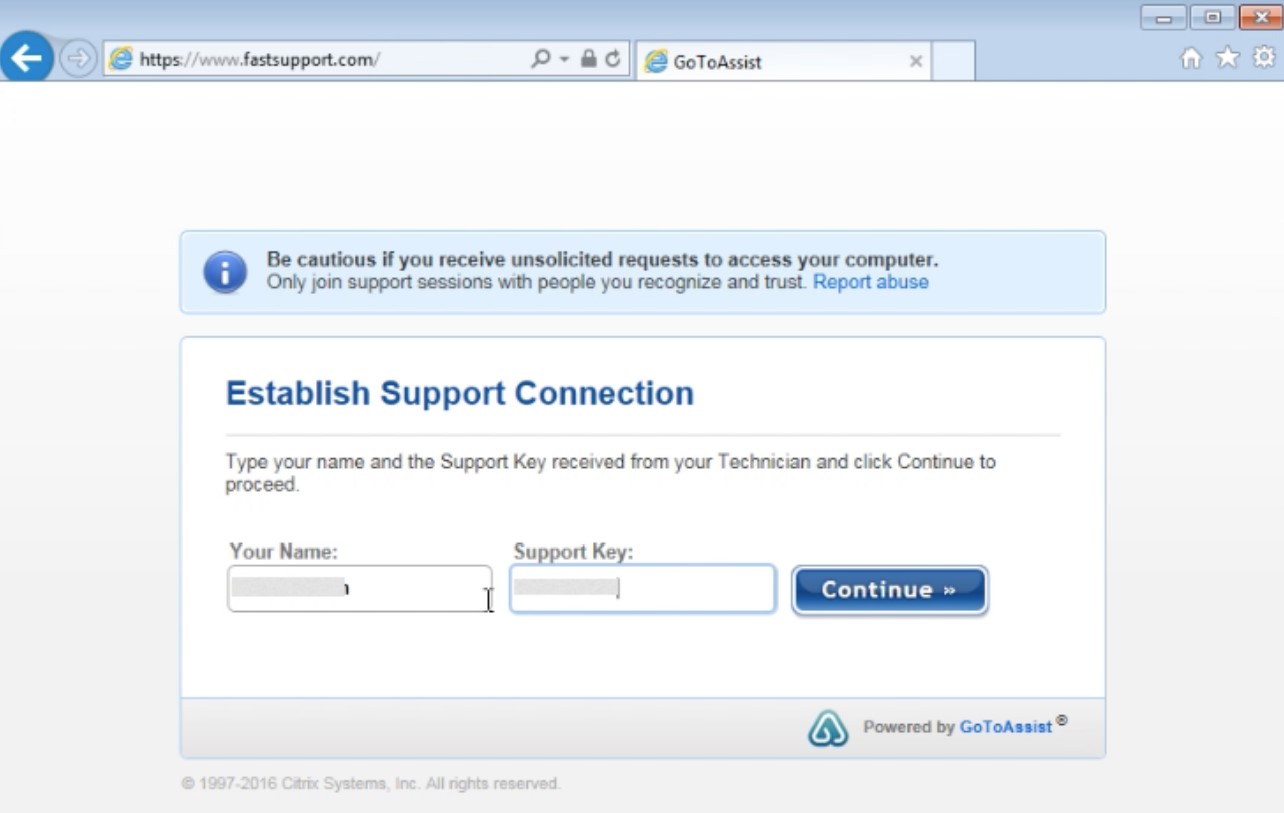Sorry for the confronting headline, but according to NortonLifeLock (new fancy name for Norton Anti-virus), one-in-three Aussies have now been phone scammed because they unwillingly let scammers into their PC or smartphone.
In fact, there was an absurd increase in phone scams – up 84% in 2020 and a further 7% in 2021. Indications from NortonLifeLock’s security centre are that this is just the tip of the iceberg. Let’s not get bogged down in statistics – we all know someone who has been phone scammed, and it is likely to have been you.
Why are phone scams so successful?
Because scammers use Artificial intelligence-based ‘social engineering’. They pick up nuggets of information about you from the dark web and create a plausible story that has enough ring-of-truth for you to cooperate in the scam.
Phone Scammer: “Hello, I am from Norton (insert Microsoft, Apple, Bank, etc.). We have detected some unusual activity from your computer (fear, uncertainty, doubt), and if you don’t act right now (urgent call to action), you may fall victim to cyber scammers emptying your bank account (the consequence of inaction). Would you like me to help you to stop the scammer? (Simple and quick solution).”
Now an intelligent person will simply hang up. Or will they? Tech is like speaking another language, and we have seen so many intelligent people scammed. After all, the call is from Norton!
Victim (faced with urgent call to action, consequences of inaction and easy solution): “What can I do?”
So begins the easy fix (or easy scam) where the scammer sends you a link to click on to allow Norton remote access to stop the scammer from stealing everything you own.

That remote access allows the scammer to see your screen, download other malware (important for round two that can pop up Norton Anti-virus warnings) and guide you to exposing your bank details so he can deduct a low fee for the assistance.

You have let them in!
Simple anti-phone scam rules
Rule #1 – Norton (Microsoft, Apple, your bank, Federal Police, the ATO etc.) will never initiate a phone call to you. Hang up. If you use Norton and are concerned, use your computer Live Chat or call its support line (you will need to fill in an online form to initiate a case number, and it will give you a phone number).
Rule #2 – Even if you are fooled, never give someone remote access to your computer or smartphone. Take a deep breath and refer to Rule #1 and seek professional help.
Rule #3 – If you are concerned, buy a reputable anti-virus/malware suite from Norton (or other companies), and we will cover the NortonLifeLock options in a separate article Who you gonna call? Norton 360 Advanced will personally help you defeat phone scammers.










Comments